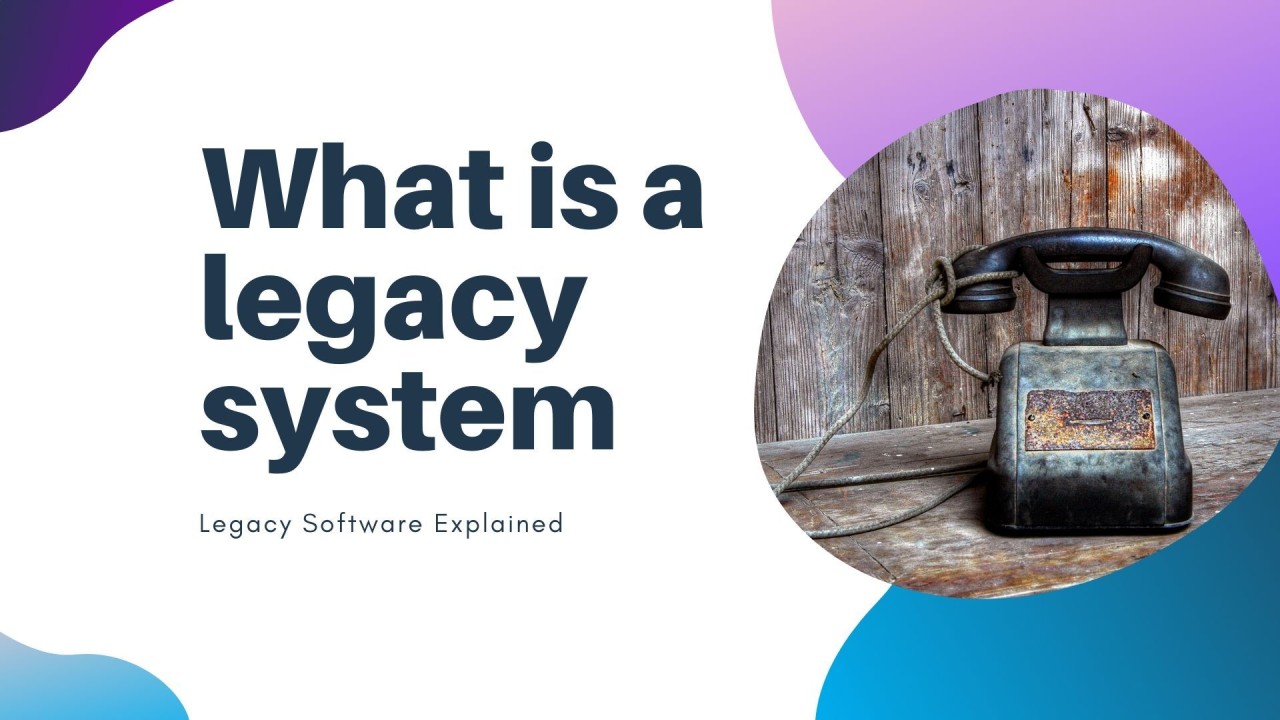Today’s world is already closely associated with various sorts of technologies, and software plays a crucial role in the development of any enterprise. However, there are still numerous organizations which use outdated systems, such software and hardware slow down the work and do not let the organization develop.
Modernization of legacy software is not a new word; it became a critical direction towards improving and increasing the competitive position of the company.
What is Legacy Software Modernization? Where does it stand in the market currently? And how can your organization leverage this approach? These questions will be answered in this blog.
Legacy Software Modernization: Market Size in 2024
As we look toward 2024, the urgency for legacy software modernization has never been clearer. According to recent reports, nearly 70% of enterprises are planning to modernize their legacy systems within the next two years.
The global legacy software modernization services market is expected to reach approximately $20 billion by 2024, growing at a CAGR of around 12% from 2021. This rapid growth underscores the critical need for businesses to transition away from outdated systems to remain competitive.
Additionally, a survey conducted by leading software development consulting firms indicated that organizations modernizing their software have experienced a 30% increase in operational efficiency.
These stats highlight that embracing modernization not only mitigates risks associated with outdated technology but also unlocks new capabilities that drive business growth.
The Importance of Legacy Software Modernization
The legacy software modernization development solutions hold great significance in the present era. Let us look towards the importance of these software development services.
Enhancing Functionality
Old systems and flow restrict the capabilities of business processes, which usually negatively affects their efficiency and costs of operation. Complexity leads to the inclusion of many accessories, innovations and functionality, which are not found in outdated models.
New technologies say that different businesses can be made easier and interactivity between the user and the business can be made more effective improving productivity.
Improved Security
Security is always a key factor of concern for any organization, especially in today’s world where companies are at risk of being hacked. Outdated systems may not have adequate advanced security as most of the new software solutions contain, therefore making the systems exposed to threats.
Outsourcing legacy software modernization services could help your organization with integrated security features and security compliances thus reducing risks.
Increased Agility and Scalability
Current software solutions, therefore, present a better approach to the problem by providing a better capability to respond to market challenges. Previous generations of systems normally incorporate complex and time-consuming forms for modification and changes.
It is vastly different from modern EPSs which can therefore be expanded to increase capacity or add more features as the need arises hence providing organizations with the versatility that is required in the contemporary world.
Enhanced Integration
Modernization helps achieve better compatibility with other tools and systems which is important for organizations in their attempt to build an integrated digital environment. Organizations use traditional applications that require integration across the systems making it hard to share data.
Applying powerful instruments allows being in line with a modern organization and provides an effective flow of data and information for better results in decision-making.
Conclusion
Mainstreaming of legacy software is not just an IT transformation exercise; this is a strategic one with the potential to bring about massive change in your organization’s effectiveness.
This, however, was just the tip of the iceberg as the advancement of technology deeper into the year 2024 will require business entities to enhance this concept. Exploring modernization correctness makes it possible to increase organizational performance, ensure protection, and respond to market changes actively.
It is possible to avail the services of custom software development companies and employing the services of legacy software modernization can help amid this great change.
With modernization, it is not just enhancing the existing structures but it is building your organization for future success. Do not let such systems restrain your organization; regard legacy software modernization as a way, which can open new avenues for developing your business.
FAQs
What is Legacy Software Modernization?
Legacy software modernization is simply a process of analyzing and updating an older software system to make it better in terms of performance, security and functionality. This can be a rewriting of the code, a conversion with other platforms or a connection with technologies of the present day.
Why Should My Business Consider Legacy Software Modernization?
Companies should consider investing in legacy software modernizations to improve operations, security, scalability and integration with the current tools.
What Are the Different Approaches to Legacy Software Modernization?
Common approaches are re-platforming, refactoring, rewriting, and replacing legacy application systems. Both are equally good and bad in their ways, and the one you should choose is going to greatly depend on the conditions in your business.
How Can Custom Software Development Companies Assist in the Modernization Process?
Custom software development firms are experts in developing locally built solutions to address the needs of a firm. They are useful for evaluating your existing systems, suggesting a correct modernization approach, and applying procedures that can suit your needs.
What Role Does Software Development Consulting Play in Modernization?
Software development consulting is crucial to wisely selecting the technology stack, methodologies and frameworks for modernization, which a consultant offers after analyzing the organizational requirements.
How Long Does the Modernization Process Typically Take?
Contemporary integration takes different periods depending upon the degree of complexity of the LSS and the implemented method. It may take as short time as several months up to several years.
Are There Risks Involved in Modernizing Legacy Systems?
Modernization in this case brings many advantages but also disadvantages which include possible disturbances during the changing period. But all of these are manageable if one takes time and gets the services of professionals in wealth planning.
